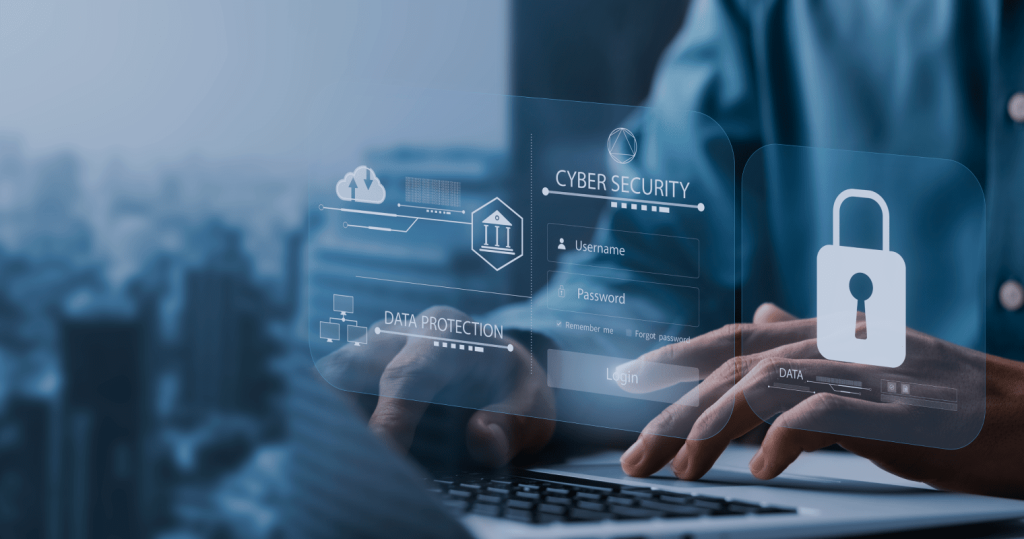
Caution: That Antivirus Website May Be Fraudulent
When protecting your business, it may seem harmless to download antivirus software. In reality, the risks may be far greater than anticipated.
Without careful due diligence, the very tool intended to safeguard your systems could instead serve as the entry point for a cyberattack.
Cybercriminals are increasingly adept at creating counterfeit websites that closely resemble legitimate ones. In a recent case, attackers developed a convincing imitation of a website belonging to one of the most trusted cybersecurity companies.
This fraudulent site mirrored the original, complete with strategically placed download buttons. However, rather than providing security software, those downloads concealed malware.
Clicking “Download” on the counterfeit site did not install antivirus protection, it deployed a malicious program.
The downloaded file, StoreInstaller.exe, installed a Remote Access Trojan (RAT) known as VenomRAT. This type of malware grants attackers unauthorised, full access to a victim’s system, often without detection. Capabilities include password theft, keystroke logging, webcam activation and the installation of additional malicious software.
In this instance, the attack went beyond surveillance. Cybersecurity researchers determined that the perpetrators were specifically targeting login credentials and cryptocurrency wallets. Such data is often sold on illicit marketplaces or exploited directly for financial theft.
Antivirus software is not the only target of these deceptive campaigns. Criminals also impersonate banks, IT service providers and other trusted brands to lower users’ defenses. Frequently, these fraudulent websites are hosted on reputable platforms such as Amazon Web Services, lending an appearance of legitimacy.
For businesses, the consequences of falling victim to such schemes can be severe: loss of sensitive data, exposure of customer information, financial loss and significant reputational harm. The recovery process is costly, time-consuming and often stressful.
The most effective defense is vigilance. Always verify website URLs carefully, and avoid clicking on links in unsolicited emails or messages. When downloading software (particularly security tools) obtain it only from the official provider’s website.
It is also prudent to work with a trusted IT advisor (such as the Bluecube team) who can review any software or websites that raise concerns.
This serves as an important reminder: cybercriminals often rely less on technical exploits and more on human error, taking advantage of busy, distracted or well-intentioned individuals. Taking a few extra moments to verify legitimacy can prevent far greater problems.
If you are ever uncertain, we are here to assist you. Please do not hesitate to reach out.
Posted in: News, Services. Tagged:
Can we help?
Contact usIf you have enjoyed reading this article and want to know more about Bluecube, please get in touch. Our friendly team will be happy to answer any queries.





